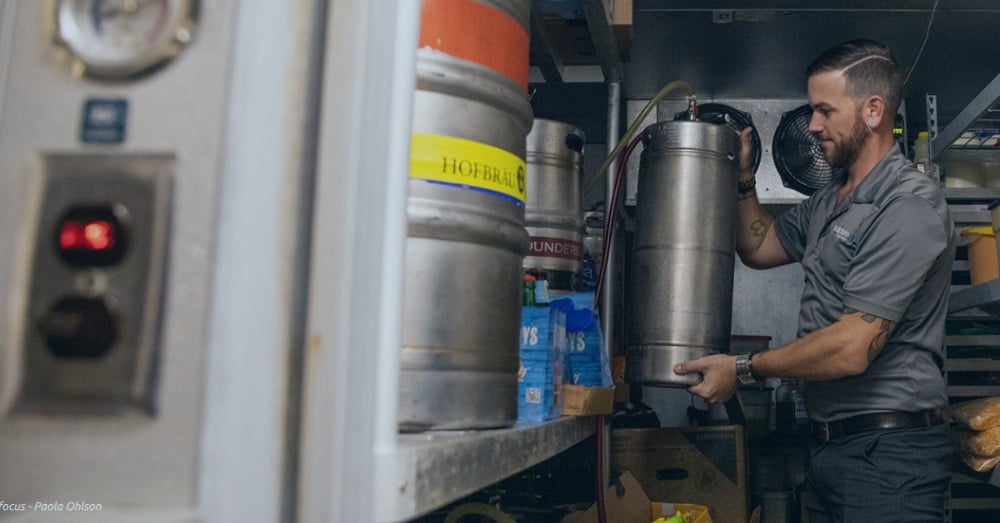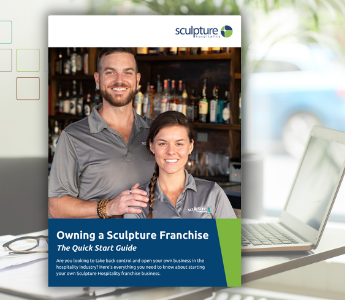When looking to open up a new restaurant, you have two major options. The first is a company-owned business. The second is a franchise business.
Today we’ll talk about the differences between the two.
What is a company-owned business
A company-owned business is also called a corporate-owned business. Under this model, you own and run your business. This means that the profits, decision making and control stay in your hand. However, since you are running your business alone, there’s a risk that you have no support when it comes to finances, marketing and other important elements of running your organization.
What is a franchise?
Instead of adding a new location to their existing company, an organization allows someone to pay for the right to open a business using their brand name, marketing assets, and support elements. This typically includes an initial start-up fee and ongoing royalties, but gives the franchise owner access to a huge number of resources that help them run their business.
Franchise Vs company-owned
There are several differences between a company-owned business and a franchise.
- Growth
Franchising generally allows businesses to grow at a faster rate than company-owned units. This is because the franchisee is providing the supporting material, recognized brand name and marketing assets required for rapid, and successful, growth.
- Control
While franchises are required to follow operating procedures of the brand they have bought into, they do have control over their business. This means they can start work when they want, be their own boss and step away slightly from the main stressors of being in the hospitality industry. Company-owned business owners have full control over their company, but going it alone usually comes with the high-stress and intense work of trying to get their brand name recognized.
- Profits
When you open a company-owned restaurant, you keep all the profits. They do not have to be shared with anybody outside of your business, but it generally takes a lot longer to become profitable (if the business owner can achieve this, many don’t and go out of business).
While franchise owners don’t get to keep all of their profits as they pay ongoing royalties, it is significantly easier to open a profitable business when you have a recognized brand name and support from the get-go.
- Risk
The risk of starting a company-owned business is significantly higher than starting a franchise business, and that’s because you’re starting from scratch. You have to build up your customers, brand name and marketing strategy. A franchise owner buys directly into all of these things with their initial investment, dramatically minimizing the risk of starting their business.
Interested in learning whether franchising is right for you? Get in touch with the Sculpture Hospitality team today












